Religious Education
Examining Board
Eduquas
Course Introduction
Religious Studies is a subject which explores the beliefs and practices of different groups of people. It will develop knowledge and understanding of key teaching and sources of wisdom.
It will develop a students’ ability to construct well argued, well informed, balanced and structured written arguments. It will demonstrate their depth and breadth of understanding of the subject.
It will provide for opportunities for students to engage with questions of belief, value, meaning, purpose, truth and their influence on human life.
It will challenge students to reflect on and develop their own values, beliefs and attitudes in the light of what they have learnt and this will contribute to their preparation for adult life in a pluralist society and global community.
Students will deepen their understanding of the relationship between people. They will become informed about common and divergent views within traditions in the way beliefs and teachings are understood and expressed. They will demonstrate and understand that the religious traditions of Great Britain are in the main Christian. They will understand that the religious traditions of Great Britain are diverse and include the following religions: Christianity, Buddhism, Hinduism, Islam, Judaism, Sikhism, as well as other religions and non-religious beliefs, such as Atheism and Humanism.
Please note, as a parent or carer you have the right to withdraw your child from all or part of Religious Education lessons.
Assessments
The GCSE is examined by three exams in Year 11 covering the units on religious, philosophical and ethical studies in the modern world.
Progression
Our A Level course uses the OCR specifications covering the philosophy of religion, religion and ethics and developments in Christian thought. Each unit will look in detail at classical and modern theories which address the philosophical ideas about God. In ethics we look at classical and modern theories which look at questions of morality and rules and how ethical theories are applied. In developments in Christian thought we look at theological questions relating to God, Jesus Christ, questions of church and state, liberation theology, gender issues.
Many of our A Level students go onto to study at university, choosing to read degrees in theology, philosophy, philosophy, politics and economics.
Course Content
Unit 1: Philosophical and ethical studies in the modern world. Relationships
This paper looks at relationships and how family life has changed over time from the traditional nuclear family to a range of different types. We explore marriage from both a religious and secular view. We look at divorce and how religion and secular views differ and complement one another. We investigate the use of contraception and how traditional beliefs and modern ideas have developed in society. We look at the roles of men and women in society and how traditional and modern views are presented. We investigate the sanctity of life and link this to abortion and euthanasia. We investigate beliefs about life after death and look at funeral services. We look at good and evil and link it to crime and punishment. We investigate forgiveness and is it always possible? We look at human rights and social justice. We investigate prejudice and discrimination. We look at issues of poverty and wealth.
Unit 2. Christianity
We investigate traditional ways to describe God as being omnipotent, omniscient etc. We look at what the incarnation or birth of Jesus means to Christians. We investigate Christian beliefs concerning creation. What look at beliefs and teaching about the person of Jesus Christ and how he is believed by Christians to be the saviour of mankind. We look at beliefs about the afterlife and judgement. We investigate forms of worship and the sacraments. We look at pilgrimage and the world wide Christian church.
Unit 3. Islam
What do Muslims believe about the nature of God? What do Muslims believe about the nature of prophets? What do Muslims believe about angels? What do Muslims believe about holy books? The five pillars of Islam. Obligatory acts in Shia Islam. Celebrations in Islam. Sources of wisdom.
Contact Name
Rev I Jones – Head of Religious Studies





